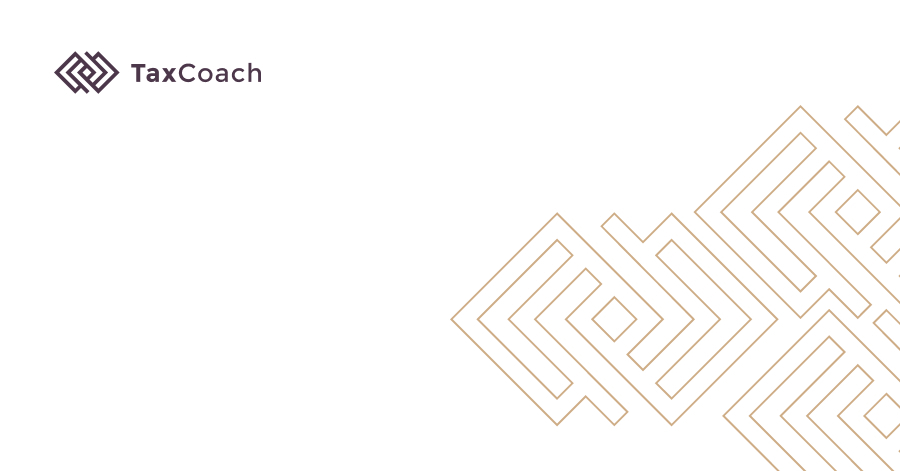
Whistle-blower - who is this? What does it mean?
Although, according to recent media reports, the draft act on transparency in public life is still at the stage of preparation, the whistleblower institution, which was standardized in the draft act, is gaining in importance. The Office of Competition and Consumer Protection has implemented a special program aimed at protecting whistleblowers and popularizing knowledge about their rights.
The institution of a whistleblower, also known as a whistleblower, means a person who notifies the public (including relevant state authorities) about detected irregularities and unethical, dishonest activities in the workplace.
The term "whistleblower", in the positive sense of the word today, was first used in the 1970s, although the term dates back to the 19th century. Whistleblower protection is undoubtedly a novelty in Poland, but in Anglo-Saxon countries (including Great Britain, the United States, New Zealand, Australia, Canada) this institution has a well-established position for years. These countries usually have special government units to protect and lobby whistleblowers.
So far, whistleblowers about irregularities in the workplace have not been protected in any way. A significant change was to be brought about by the Act on the transparency of public life, which also contains an unambiguous definition of a whistleblower. This act has not entered into force yet, but the definition used there can be used as an auxiliary.
Definition of a whistleblower - the provision of art. 2 clause 1 point 15 of the draft act on transparency in public life
"(...) a natural person or an entrepreneur whose cooperation with the judiciary, consisting in reporting information about the possibility of committing a crime by an entity with whom he or she is bound by an employment contract, service relationship or other contractual relationship, may adversely affect his / her life, professional and material situation and to whom the prosecutor granted the status of a whistleblower ”.
The draft act on the protection of public life also contains a separate chapter devoted to the principles and measures required by the protection of whistleblowers. According to its provisions, not every whistleblower will be subject to protection - in order for the whistleblower to benefit from the measures provided for by the Act, he must obtain the formal status of a whistleblower as a result of a decision issued by the prosecutor conducting the case. The procedure for obtaining protection under the Act will be as follows:
- submitting a notification of suspicion of a crime,
- interrogation of the whistleblower by the prosecutor,
- issuing a decision on granting the status of a whistleblower.
Pursuant to the provisions of the draft act, the whistleblower institution will only apply to crimes specified exhaustively in the provision of Art. 61 of the Act (including the crime of fraud). The basic protection measure related to the issuance of a decision on granting the status of a whistleblower will be the inability to terminate the employment relationship with the whistleblower and the inability to change the terms of the employment contract to less favorable ones.
It is worth recalling here that pursuant to Art. 53 of the Act of March 1, 2018 on counteracting money laundering and terrorist financing, obligated institutions (which include, inter alia, entrepreneurs who make payments or accept it in cash in the amount exceeding EUR 10,000.00) are required to develop and implement procedures for anonymous reporting by employees or other persons performing activities for the entrepreneur of actual or potential violations of the provisions of the Act. Although the Act on Counteracting Money Laundering and Terrorism Financing does not use the concept of a whistleblower, it is obvious that the legislator's intention was to introduce it. Pursuant to the provisions of the Act, the whistleblower protection procedure must take into account:
- the method of making and receiving reports, including the person obliged to receive them;
- how to protect whistleblowers;
- how to protect whistleblowers' personal data;
- the type and nature of follow-up to receipt of the report, including deadlines for handling the matter.
The purpose of the procedures to be implemented by the obligated institutions is to protect whistleblowers against repressive actions, discrimination or all other types of unfair treatment.
Protection of whistleblowers by UOKiK
The Office of Competition and Consumer Protection somewhat ahead of the Act on Transparency in Public Life and implemented a program on its own aimed at protecting whistleblowers. The UOKiK program is intended for all people who want to notify state authorities about activities that violate competition rules.
Pursuant to the provision of Art. 3 sec. 1 of the Act on Combating Unfair Competition, an act of unfair competition is an act that is against the law or morality, if it threatens or violates the interest of another entrepreneur or client.
In particular, the following may be considered an act of unfair competition: copying products, improper labeling of products, violating the trade secret, bribery, using unfair advertising methods, soliciting to terminate the contract or participation in the avalanche sale system.
The UOKiK program is addressed to:
- employees who are aware of irregularities committed by employers,
- entrepreneurs aware of irregularities committed by their contractors.
The condition for using the protection is acting in good faith and in the name of the so-called public interest. This means that the person reporting irregularities cannot be guided by his own particular interest - his actions must be dictated by care for the general good. The condition of good faith, on the other hand, refers to the basis of the whistleblower's actions and his mental state understood as the intention of his behavior.
Pursuant to the rules of the UOKiK program, the whistleblower may notify the office of the detected irregularities:'
- anonymously - without providing your personal data, for example by letter, e-mail or telephone;
- with the help of a third party - for example through a professional representative in the form of an attorney or legal advisor;
- in person - at a meeting with UOKiK employees.
Individuals wishing to report irregularities to UOKiK can use a special hotline number 22 55 60 500 or the e-mail address: [email protected].
According to the assurances, in the case of anonymous and personal reports, the intention of UOKiK employees will not be to take actions aimed at establishing the identity of the notifying person, although it is obvious that the whistleblower will have to indicate data on the reported irregularities (mainly in the form of data of the entity infringing competition and description of illegal activities). ). UOKiK emphasizes that in the case of anonymous notifications, the notification control procedure will be particularly exhaustive, so that it is possible to establish that the whistleblower is guided by good faith and public interest, and not simply by the will to inform. For this reason, it is recommended to attach to the notification sent to UOKiK all evidence supporting the truthfulness of the whistleblower's statements. Providing UOKiK with the necessary evidence will speed up the process of examining the case and enable it to be handled more efficiently.
UOKiK also announces that it will undertake work aimed at more effective protection of whistleblowers, including the introduction of a gratification system with specific financial rewards for reporting irregularities.
Protection not for the entrepreneur - infringement cases
The UOKiK's whistleblower protection program has one serious exception - persons who violate competition rules, in particular entrepreneurs and managers, will not be subject to protection. According to the information provided by UOKiK, persons reporting irregularities regarding their own activities must take into account the possibility of the UOKiK launching antimonopoly proceedings and, as a result, threatening with a financial penalty. It is worth recalling that the fine for the use of competition restricting agreements is up to 10% of turnover in the year preceding the year in which the fine was imposed. In the case of managing persons, the fine may amount to PLN 2,000,000.00.
In such a case, the entrepreneur who is a party to a competition-restricting agreement and wants to notify the Office of Competition and Consumer Protection of the detected irregularities should use the UOKiK's leniency program.
Pursuant to the rules of the program, an entrepreneur who submits information and evidence to the Office of Competition and Consumer Protection regarding an agreement violating the principles of fair competition may submit an application for waiving the imposition of a fine or for reducing the fine. If more than one entity submits an application in the same case, only the first notifier may be fully released from the financial penalty. The fine reduced under the Leniency Plus Program may be reduced by an additional 30% (the so-called leniency plus) if the person provides UOKiK with information about another unlawful agreement that violates the competition rules, in the case of which UOKiK has not yet conducted any proceedings.





.jpg)
.jpg)
.jpg)


